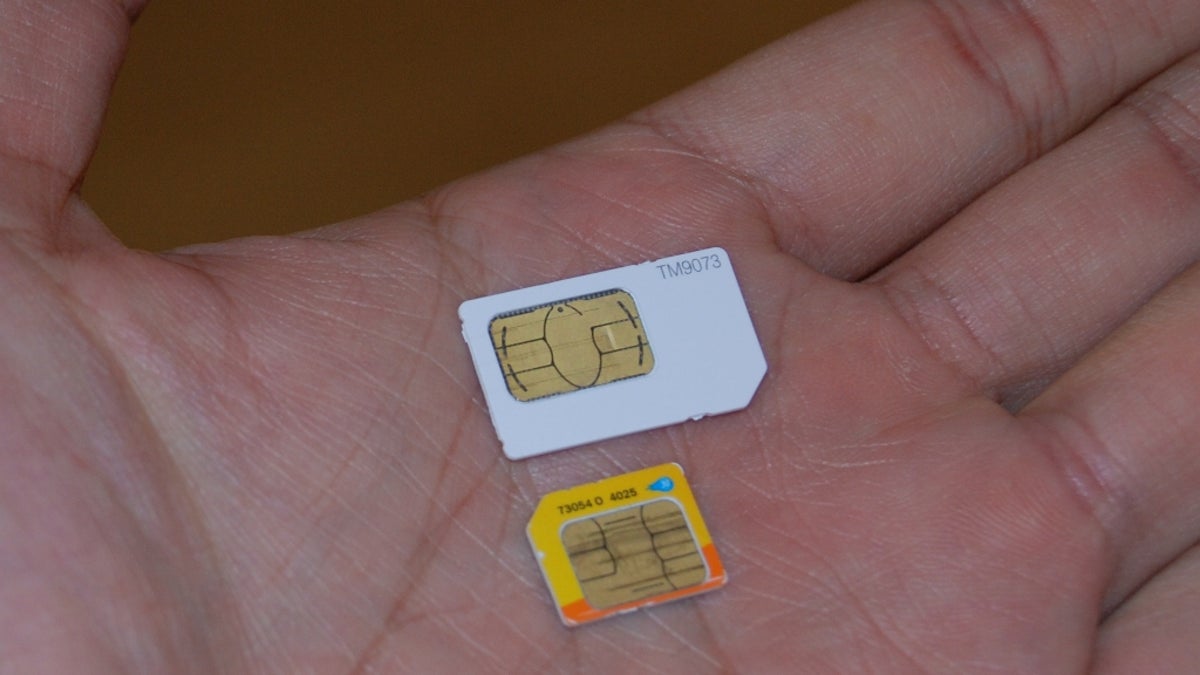Apple wins critical SIM connector patent
The company received a patent that allows SIM cards to be easily swapped into devices such as smartphones or tablets. It may be a handy weapon given recent battles over SIM card standards.

Apple received a patent for connectors use to replace or remove SIM cards in mobile devices.
The patent covers connectors that allow for multiple methods of inserting a SIM card, including the "plunger system," in which a user pushes on a plunger rod to eject the SIM card. The patent was first identified by Patently Apple.
Apple argues that the connector patent covers various kinds of SIM cards -- supposedly ranging from the larger standard cards to the micro-SIM cards that Apple uses in its mobile devices -- though the patent's actual claims are silent on that front. The patent claims -- the only legally enforceable section of the document -- describe a connector that includes a plastic housing, plunger rod, lever for the plunger rod, contacts, retaining clips on the sides of the connector, and a metallic shield bent to fit in the axis point.
Apple has recently battled with other industry stalwarts over the future of SIM card design, with the European Telecommunications Standards Institute ruling on a standard for SIM cards. Apple had pushed its nano SIM card technology, and promised free use of the technology in exchange for similar terms for their own industry-standard technology, although its rivals balked at the offer.
Having an approved patent may give Apple additional ammunition if the industry continues to fight over industry standards.

